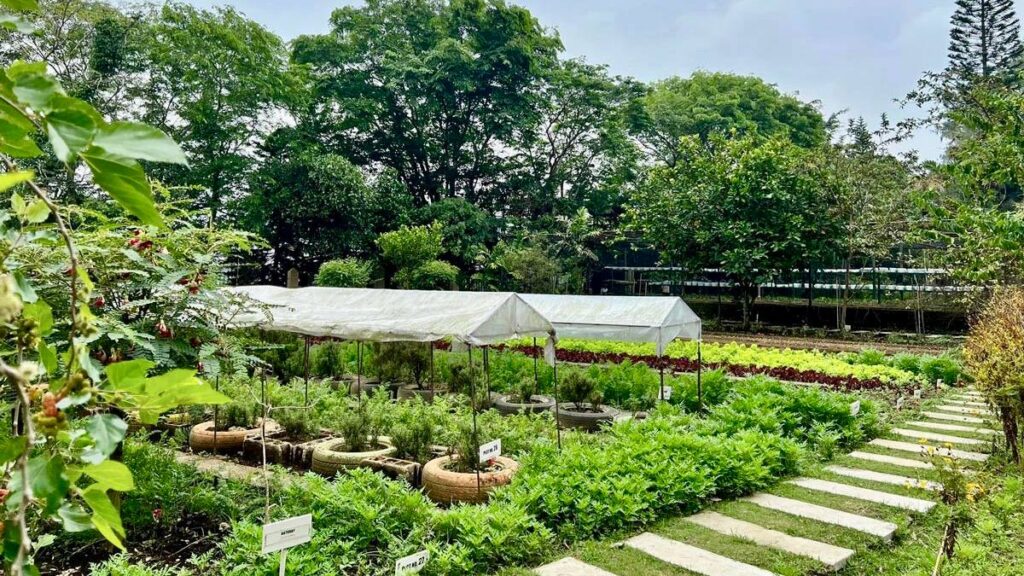At first glance, these are just like any other hotel kitchen: gleaming countertops, sizzling pans, chefs in crisp whites. But peek behind the swinging doors of several institutions of SM Hotels and Conventions Corp., and you will find something quietly revolutionary simmering—yesterday’s leftovers becoming tomorrow’s harvest.
Through its flagship sustainability program, “Plate for the Planet,” SM Hotels is proving that food waste does not have to be the end of the story. In fact, at ten hotels and three convention centers across the country, it is just the beginning of a surprisingly delicious comeback.

Since 2019, the program has diverted 323 tons of food waste—the equivalent of what 500 Filipino households discard in a year. But instead of heading to the landfill, those trimmings and plate scrapings are composted into nutrient-rich soil that now feeds organic gardens across hotel properties.
What grows from that compost? Herbs, vegetables, and fruits that end up on the menu—adding flavor, freshness, and a full-circle story to every dish.
“We are not just reducing waste—we are enriching what we serve,” said Peggy Angeles, SM Hotel’s Executive Vice President. “This is sustainability our guests can taste.”
It is a closed-loop system that begins with smart sourcing from local farmers and micro, small and medium size enterprises, continues with precise kitchen prep, and ends in the soil—before coming full circle to the plate. Think basil grown from composted salad stems, or tomatoes fed by last month’s pancit.
According to a WWF Philippines study, hotels typically produce 300 grams of food waste per guest. SM Hotel has cut that to 150–200 grams, thanks to careful planning, staff training, and a culture that sees leftovers not as trash, but as treasure.
By 2040, SM Hotel aims to compost 80 percent of all food waste—turning what was once thrown away into an asset that feeds both people and the planet.
Because at these hotels, waste isn’t the end of the meal. It’s just where the next one begins.
—







